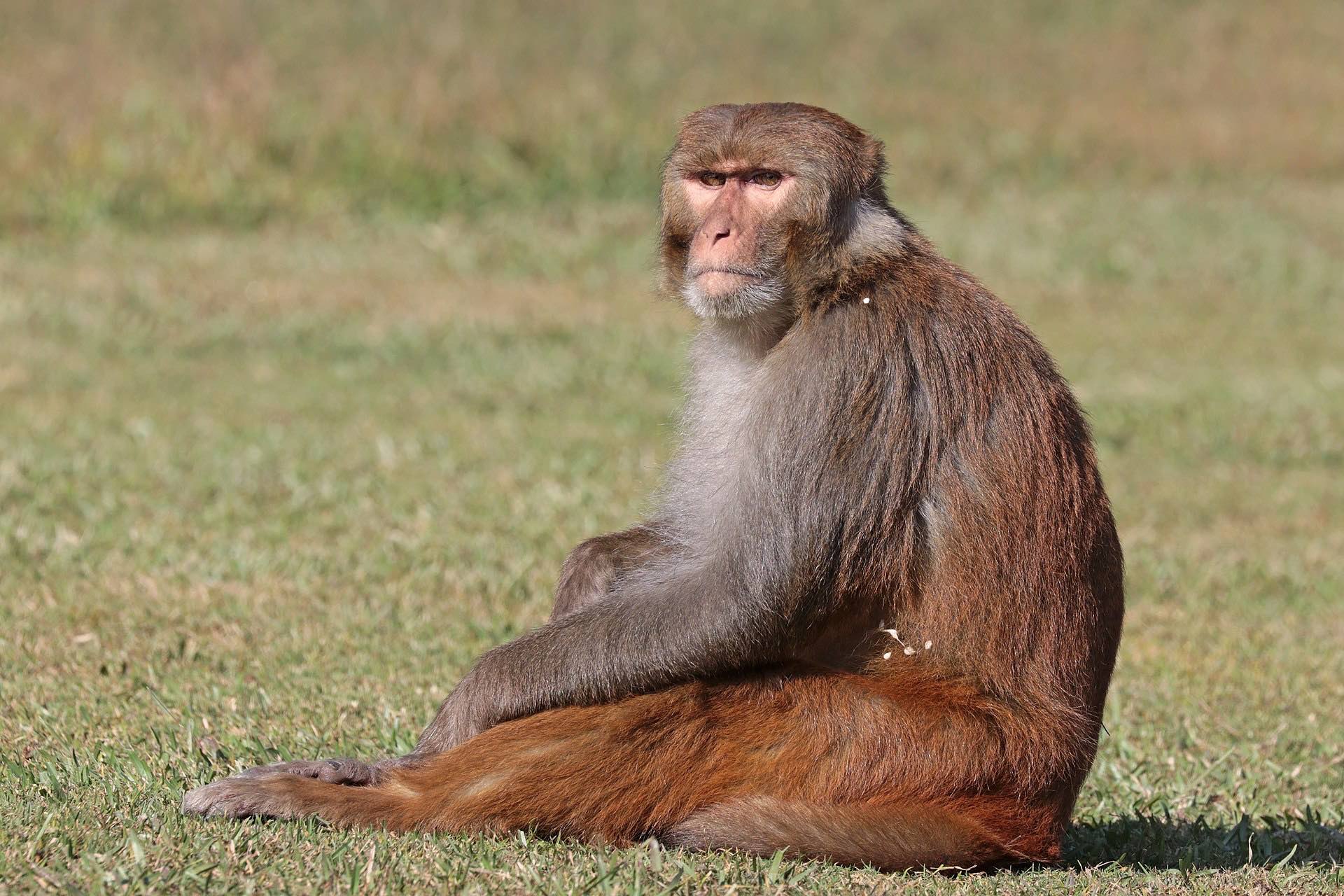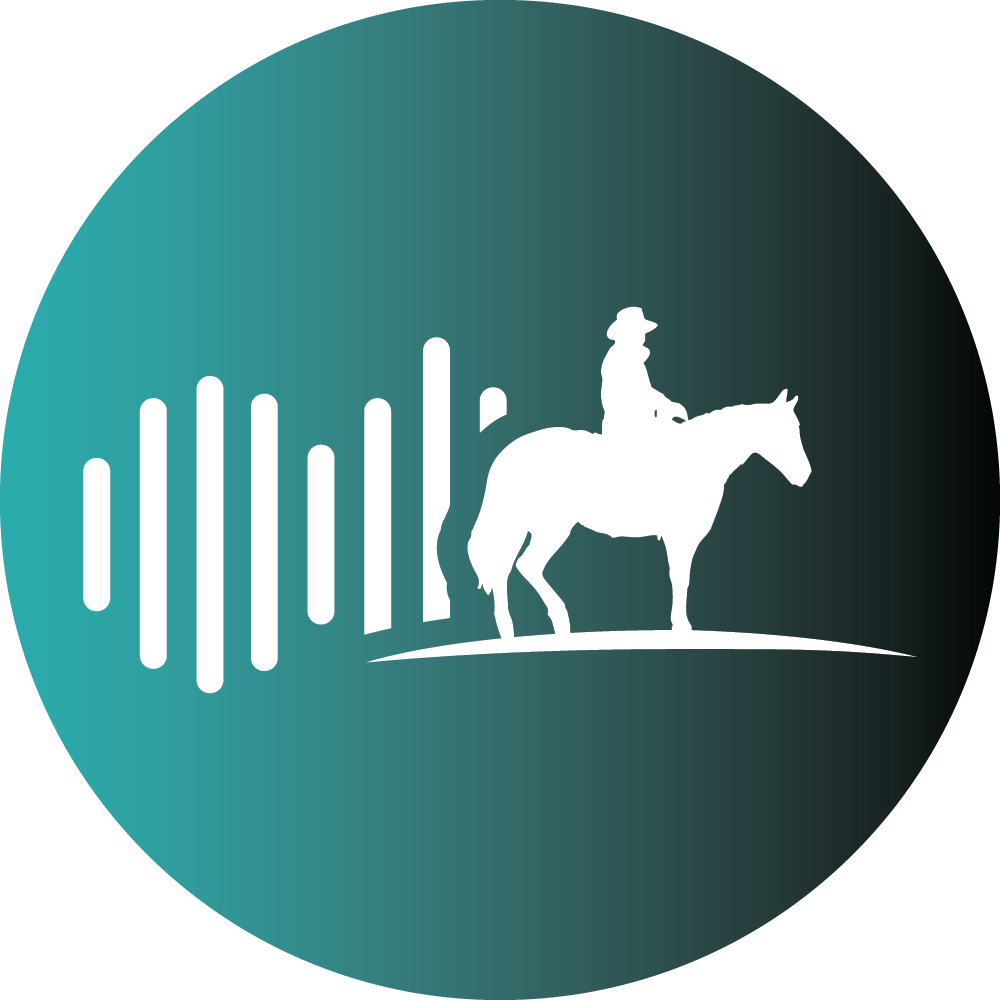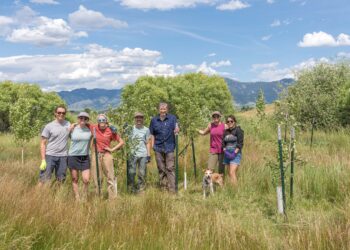“Town Crier” newsletter – Briefs from the Region (1) – 4/29/20
U.S. Government scientists stationed at the Rocky Mountain Laboratory in Hamilton, Montana, may have some seriously good news to share with the world: Six rhesus macaques monkeys—native to India and southeast Asia, but housed at the northwest Montana lab—were given an experimental COVID-19 vaccine in late March. Specifically, the primates were administered the University of Oxford’s experimental vaccine, ChAdOx1 nCoV-19, and after substantial exposure to COVID-19, the animals remained infection free for a period of 28 days after the treatment. Why rhesus macaques? According to The Science Times, the species is the closest things to humans the lab could test on at this time: “Although humans and macaques have about 93% similarities in their DNA, this does not automatically mean that the vaccine will work on humans. However, the successful testing on animals is an encouraging initial sign.” The Edward Jenner Institute for Vaccine Research team, also in Oxford, England, is working collaboratively with the university on this promising cure: the partnership is now “dominating the global race for a coronavirus vaccine,” and began human testing on April 23. The trial could take up to six months, but experts acknowledge vaccines typically take between 12-18 months to develop, meaning a working, approved therapy is unlikely for September—when a second wave of infections is likely to commence. However, the Serum Institute of India, the world’s largest vaccine manufacturer, will begin making doses anyway, in hopes to have a stockpile ready should ChAdOx1 nCoV-19 prove to be a silver bullet.














